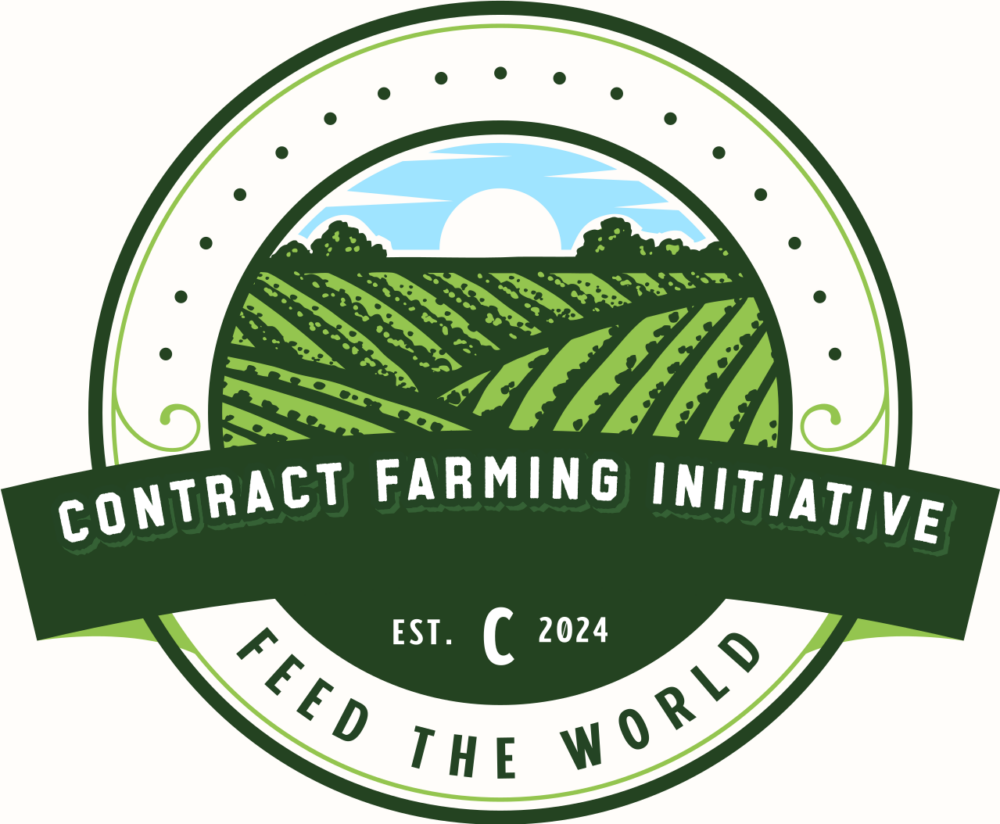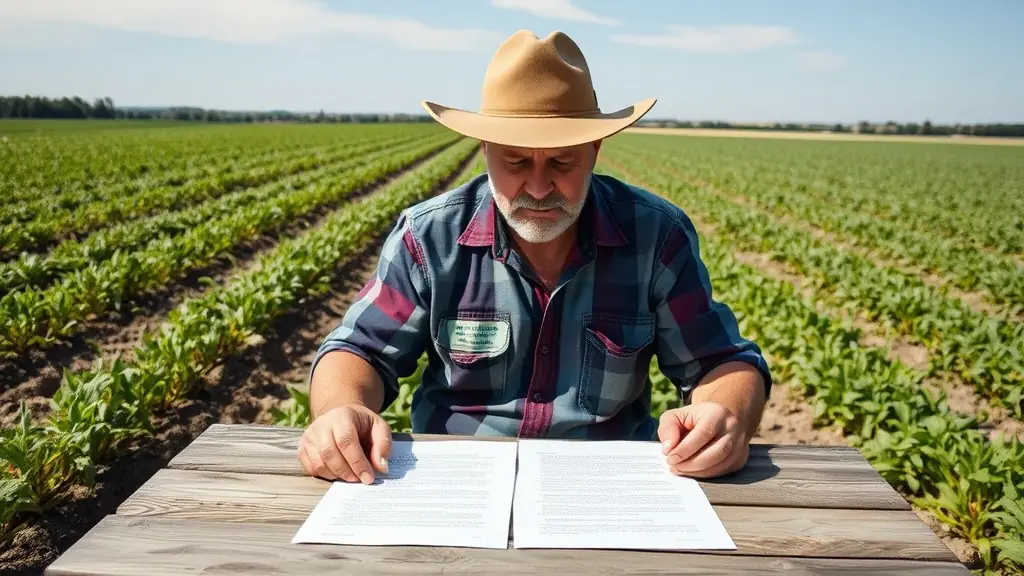Contract farming is a strategic approach that allows farmers to secure a stable income by producing specific crops for buyers. This arrangement not only provides farmers with financial security but also helps them access necessary resources and support. By entering into contracts, farmers can plan their production cycles more effectively, ensuring they meet market demands. This model has proven beneficial for many farmers, especially those with limited access to capital and resources.
One of the key advantages of contract farming is the reduction of market risks. Farmers are often vulnerable to price fluctuations and market uncertainties, which can jeopardize their livelihoods. However, with a contract in place, they can negotiate prices and terms upfront, providing them with a safety net. This stability allows farmers to invest in better farming practices and technologies, ultimately leading to increased productivity and profitability.
Moreover, contract farming fosters a collaborative relationship between farmers and buyers. This partnership encourages knowledge sharing and capacity building, as buyers often provide training and resources to help farmers improve their yields. As a result, farmers not only benefit financially but also gain valuable skills and insights that can enhance their overall farming operations. In conclusion, contract farming is a powerful tool that can transform the agricultural landscape for struggling farmers.



